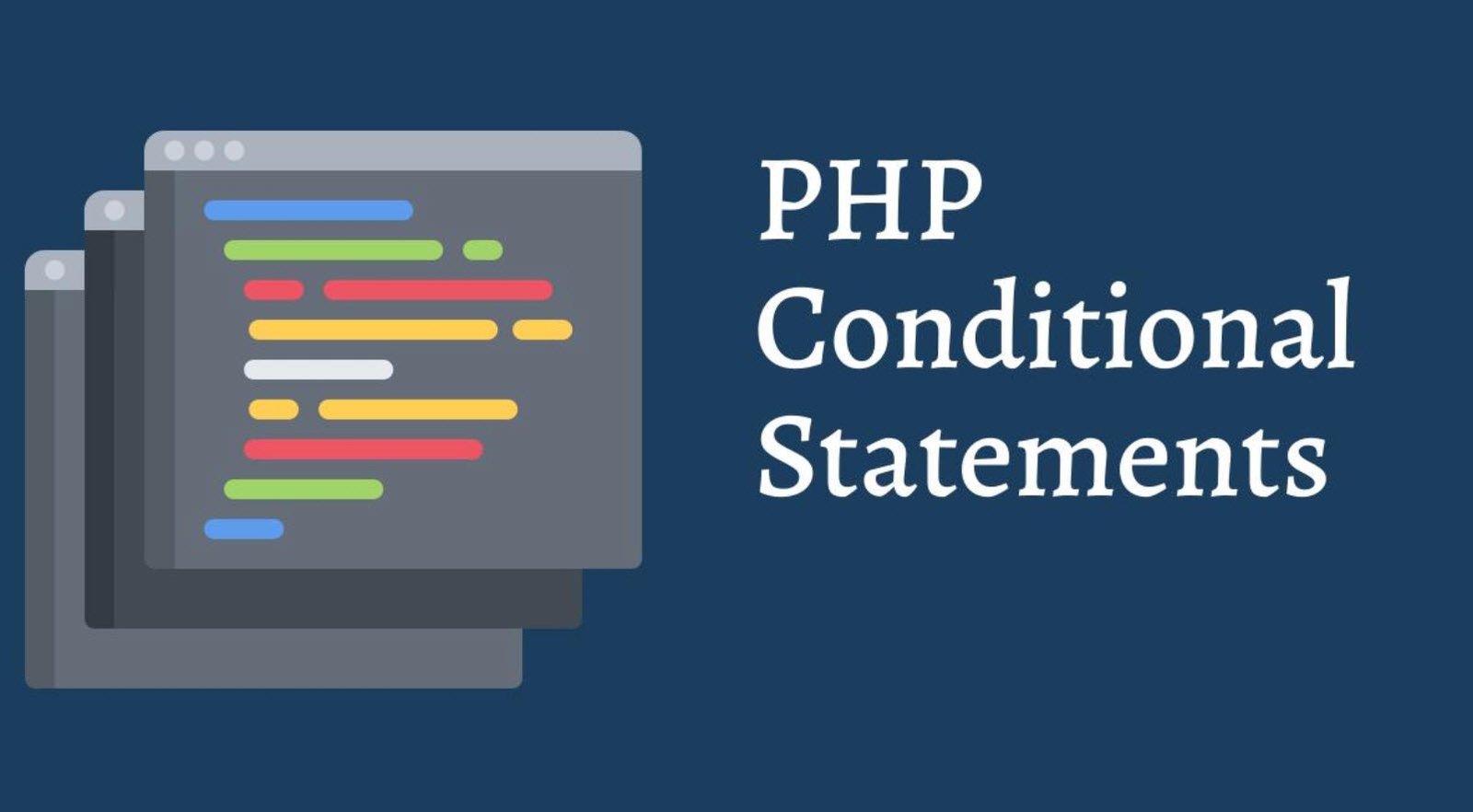
Global variables in PHP are special variables that can be accessed from any part of a PHP script, including functions and classes. These variables hold information that can be used across different scopes and contexts within a PHP application. PHP provides several predefined global variables that serve various purposes.
In this article, we will explore the most commonly used PHP global variables and understand their functionalities.
1. $_SERVER:
`$_SERVER` is an associative array that contains information about the server and the current script execution. It includes details such as server paths, request methods, headers, and more.
echo $_SERVER['SERVER_NAME']; // Outputs the server name (e.g., example.com)2. $_GET:
`$_GET` is an associative array that holds data sent to the script via URL parameters (query parameters) in HTTP GET requests.
$id = $_GET['id']; // Retrieves the value of the 'id' parameter from the URL3. $_POST:
`$_POST` is an associative array that stores data sent to the script via HTTP POST method, typically from HTML forms.
$username = $_POST['username']; // Retrieves the value of the 'username' field from a form submission4. $_REQUEST:
`$_REQUEST` is an associative array that merges both `$_GET` and `$_POST` arrays, allowing you to access data from either GET or POST requests.
$name = $_REQUEST['name']; // Retrieves the value of the 'name' parameter, whether from GET or POST5. $GLOBALS:
`$GLOBALS` is a superglobal associative array that contains references to all global variables. It allows you to access global variables from anywhere in the script.
function globalExample() {
echo $GLOBALS['variable']; // Accessing a global variable from within a function
}6. $_SESSION:
`$_SESSION` is an associative array that stores session data, enabling you to persist information across different pages or requests for a specific user session.
session_start(); // Start or resume a session
$_SESSION['username'] = 'JohnDoe'; // Storing 'JohnDoe' as the username in the session7. $_FILES:
`$_FILES` is an associative array that holds information about uploaded files in a multipart/form-data POST request.
$uploadedFile = $_FILES['file']; // Retrieves the details of the uploaded file8. $_COOKIE:
`$_COOKIE` is an associative array that contains data sent by the client as HTTP cookies.
$lastVisit = $_COOKIE['last_visit']; // Retrieves the value of the 'last_visit' cookie9. $_ENV:
`$_ENV` is an associative array that holds the values of environment variables from the PHP configuration (php.ini) or the server environment.
echo $_ENV['SERVER_SOFTWARE']; // Outputs the web server software name and version10. $argv and $argc:
`$argv` is an array containing the command-line arguments passed to the PHP script (including the script name), and `$argc` holds the number of arguments passed.
// script.php
$argument1 = $argv[1];
$argument2 = $argv[2];
echo "You provided $argc arguments: $argument1 and $argument2";
// Command: php script.php argument1 argument2
// Output: You provided 3 arguments: script.php, argument1, and argument2Conclusion
Global variables in PHP play a crucial role in sharing and accessing data across different parts of a script. Understanding these predefined global variables and their purposes allows developers to build more efficient and interactive PHP applications.
However, it’s essential to use global variables with caution and maintain data security and integrity to ensure the proper functioning of your PHP programs. With the knowledge of PHP global variables, developers can create dynamic and responsive web applications that cater to the needs of users and provide an optimal user experience.
You may also like:- 22 Useful JavaScript Functions You Need To Know
- CSS3 nth-child Selector – A Comprehensive Guide
- PHP Loops – A Comprehensive Guide
- Different Types of Functions in PHP
- Various String Types in PHP – Utilizing ctype Functions
- Understanding Conditional Statements in PHP
- Mastering PHP Arrays – A Comprehensive Guide
- Exploring Strings in PHP – A Comprehensive Guide
- Performing CRUD Operations with PHP and MySQL
- A Guide to PHP File Operations – Opening, Reading, Creating, Writing, and Closing Files








